Google plans to put datacentres in space to meet demand for AI
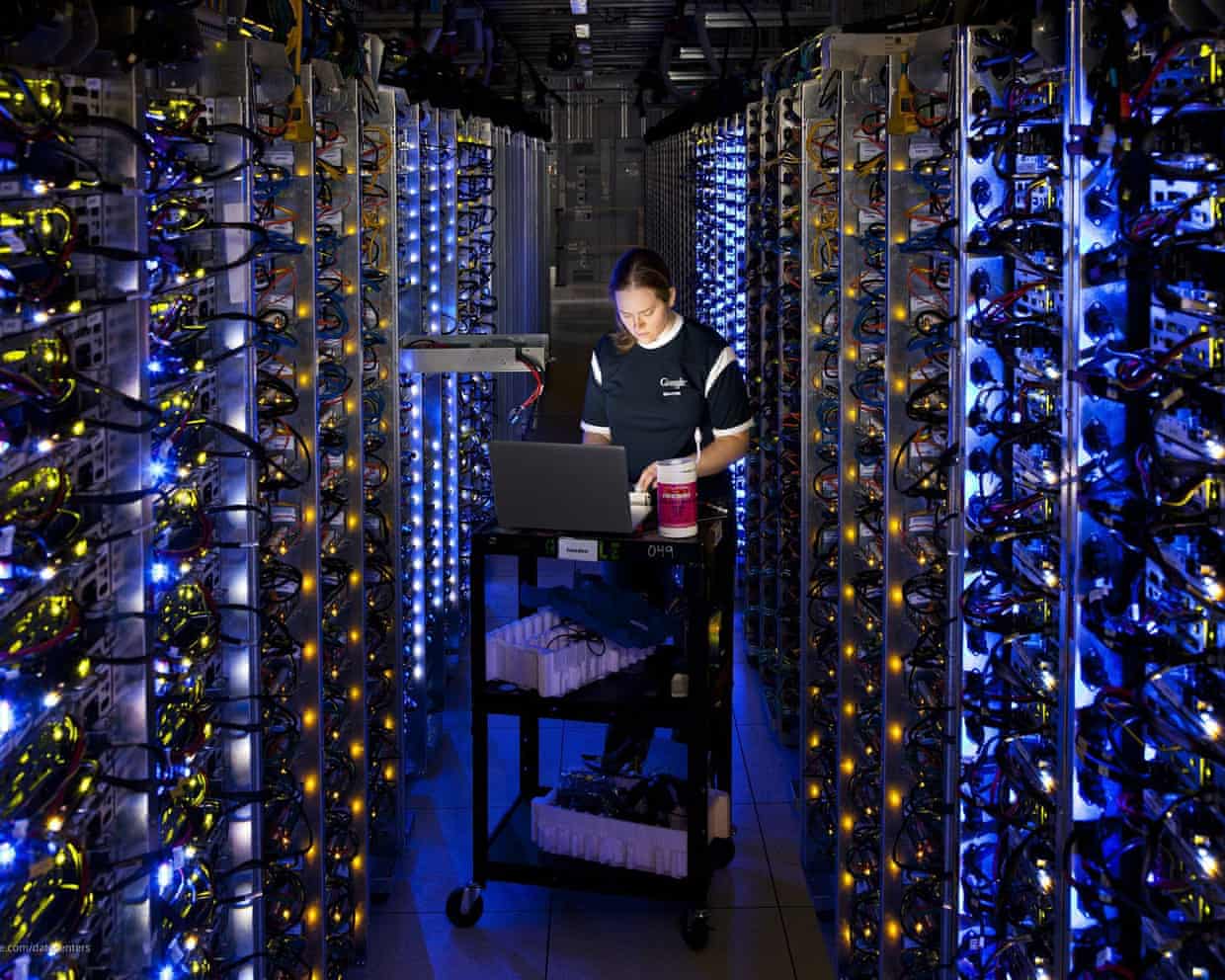
Google is hatching plans to put artificial intelligence datacentres into space, with its first trial equipment sent into orbit in early 2027,Its scientists and engineers believe tightly packed constellations of about 80 solar-powered satellites could be arranged in orbit about 400 miles above the Earth’s surface equipped with the powerful processors required to meet rising demand for AI,Prices of space launches are falling so quickly that by the middle of the 2030s the running costs of a space-based datacentre could be comparable to one on Earth, according to Google research released on Tuesday,Using satellites could also minimise the impact on the land and water resources needed to cool existing datacentres,Once in orbit, the datacentres would be powered by solar panels that can be up to eight times more productive than those on Earth.
However, launching a single rocket into space emits hundreds of tonnes of CO2.Objections could be raised by astronomers concerned that rising numbers of satellites in low orbit are “like bugs on a windshield” when they are trying to peer into the universe.The orbiting datacentres envisaged under Project Suncatcher would beam their results back through optical links, which typically use light or laser beams to transmit information.Major technology companies pursuing rapid advances in AI are projected to spend $3tn (£2.3tn) on earthbound datacentres from India to Texas and from Lincolnshire to Brazil.
The spending has fueled rising concern about the impact on carbon emissions if clean energy is not found to power the sites.“In the future, space may be the best place to scale AI computers,” Google said.“Working backward from there, our new research moonshot, Project Suncatcher, envisions compact constellations of solar-powered satellites, carrying Google TPUs and connected by free-space optical links.This approach would have tremendous potential for scale, and also minimises impact on terrestrial resources.”TPUs are processors optimised for training and the day-to-day use of AI models.
Free-space optical links deliver wireless transmission.Elon Musk, who runs the Starlink satellite internet provider and the SpaceX rocket programme, last week said his companies would start scaling up to create datacentres in space.Sign up to TechScapeA weekly dive in to how technology is shaping our livesafter newsletter promotionNvidia AI chips will also be launched into space later this month in partnership with the startup Starcloud.“In space, you get almost unlimited, low-cost renewable energy,” said Philip Johnston, co-founder of the startup.“The only cost on the environment will be on the launch, then there will be 10 times carbon dioxide savings over the life of the datacentre compared with powering the datacentre terrestrially.
”Google is planning to launch two prototype satellites by early 2027 and said its research results were a “first milestone towards a scalable space-based AI”,But it sounded a cautionary note: “Significant engineering challenges remain, such as thermal management, high-bandwidth ground communications and on-orbit system reliability,”
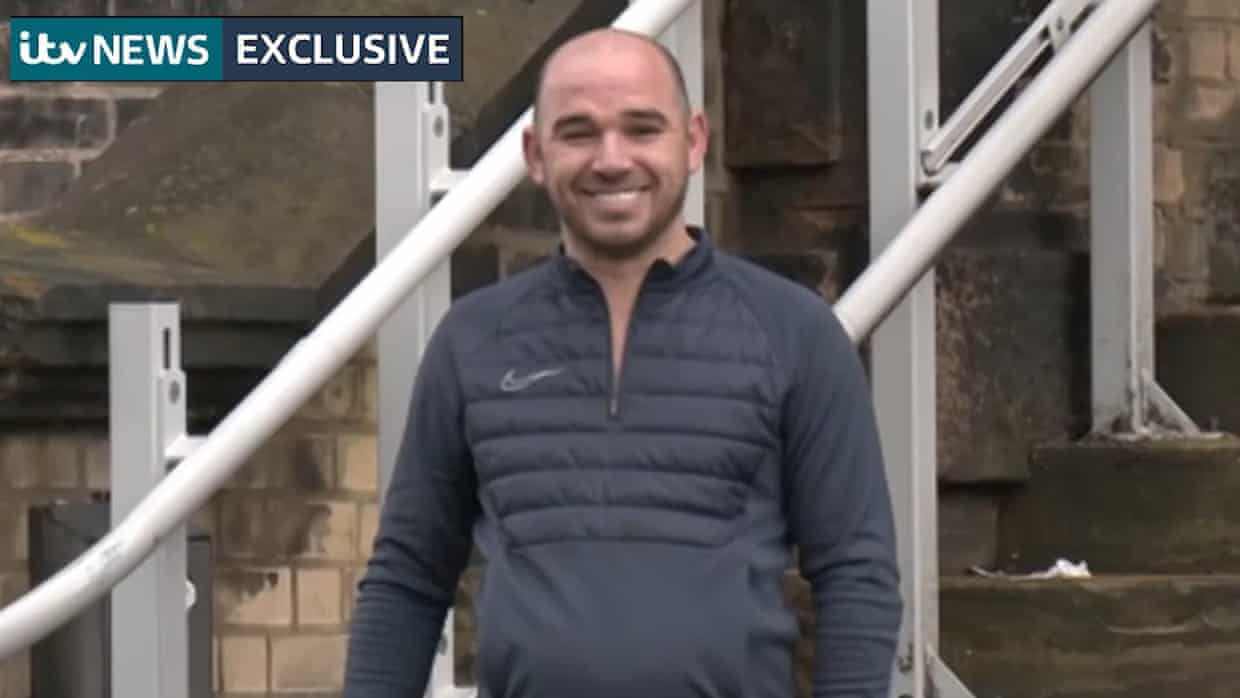
Mistakenly released prisoner Billy Smith turns himself in
A fraudster mistakenly released from prison this week has handed himself back in as a hunt continues for a convicted sex offender who was also accidentally freed.While David Lammy, the justice secretary, insisted the government would clampdown on clerical errors, William Smith was filmed waving to cameras and hugging his partner before he walked back into HMP Wandsworth, in south-west London.Smith, 35, usually known as Billy, had been sentenced to 45 months for multiple fraud offences at Croydon crown court on Monday, but was then released in error by the prison.A clerical mistake by the court led to the prison being told it was a suspended sentence, which meant he no longer had to be detained. The court corrected the error but HMP Wandsworth was not informed
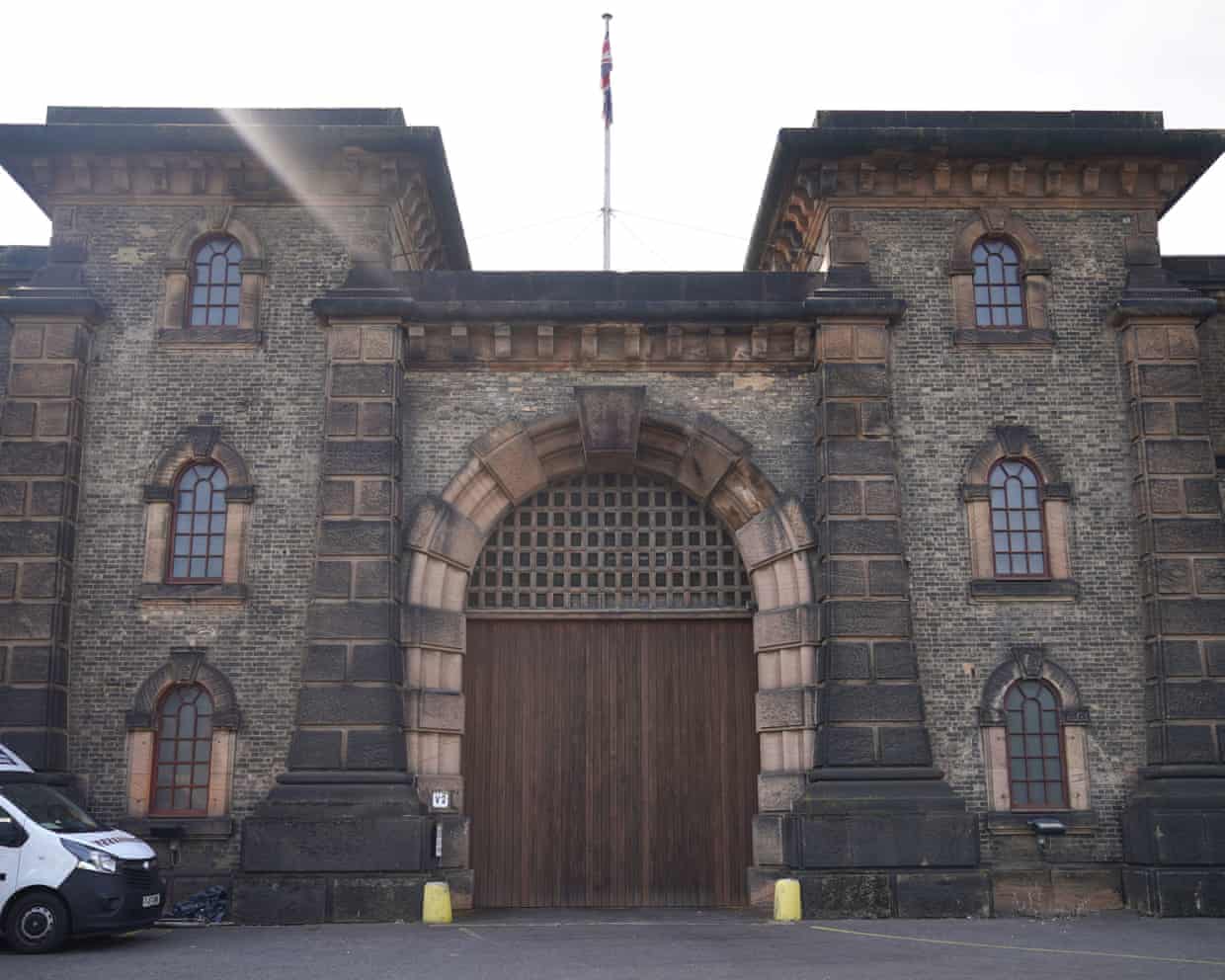
Overcrowding, understaffing and old IT: chaotic context to prison release errors
If anyone was surprised at the idea that a single prison could accidentally release two people within a matter of days, then a brief glimpse at an inspection report for HMP Wandsworth from last year would quickly explain things.Despite a high-profile escape from the south London jail only months earlier, conditions were so chaotic at the time of the inspection that most staff could not reliably say where all prisoners were during the day, Charlie Taylor, the chief inspector of prisons, reported with obvious near disbelief.“There was no reliable roll that could assure leaders that all prisoners were accounted for,” he wrote. After the escape of the spying suspect Daniel Khalife, who strapped himself to the underside of a delivery van, “it was unfathomable that leaders had not focused their attention on this area”, he said.As ever with the Prison Service, there is considerable context to this

Woman with stage 4 cancer has welfare benefit stopped after falling ill abroad
A woman with stage 4 colon cancer has had her universal credit payments stopped and is at risk of losing her home after she fell ill while visiting family abroad to tell them about her diagnosis.Ana Paula Cabral, 65, who moved to the UK from Portugal eight years ago, started receiving universal credit (UC) in July as she was unable to work after her cancer diagnosis, which required extensive chemotherapy.Her payments were abruptly stopped in September after she fell seriously ill while in Portugal, with the Department for Work and Pensions (DWP) saying she was no longer eligible as she had been out of the country for more than a month.With a significantly reduced income, Cabral said she feared she would lose her London home as she was unable to pay her rent and bills, which may mean she is forced to give up her job at a nearby homewares shop.“I’m supposed to pay the rent and all my bills but I am not going to be able to pay
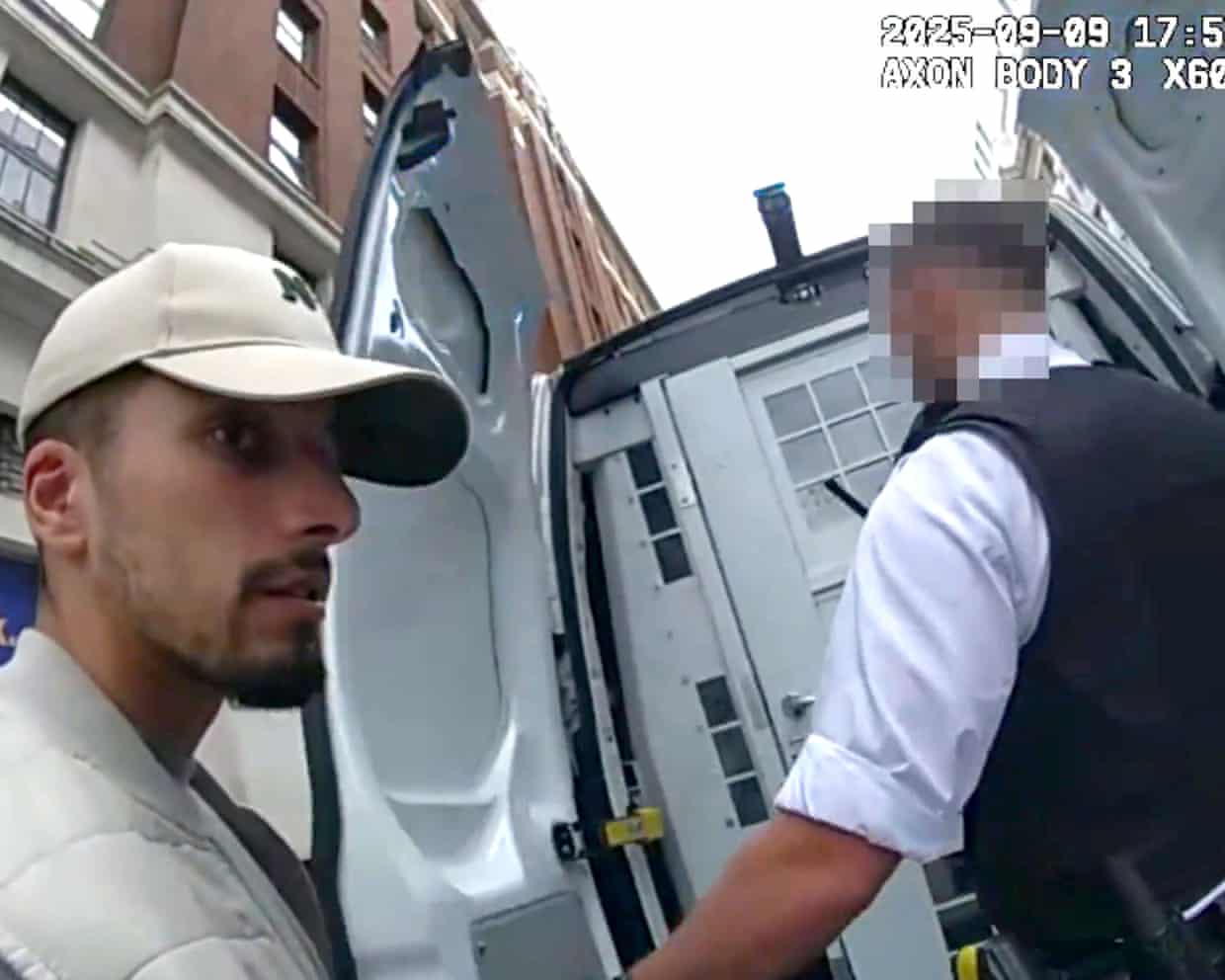
England prison chiefs summoned to urgent meeting with ministers over wrongful releases
Prison governors in England have been summoned to an urgent meeting with ministers as the government comes under pressure over the wrongful release of two more prisoners, including a convicted foreign sex offender.Alex Davies-Jones, a justice minister, told broadcasters she was “furious” about the “unacceptable” situation where an average of 22 people are wrongly released from prisons each month in England and Wales.She said the “archaic” paper-based system within the prison service was partly to blame and that the government was introducing a “crack team” of digital experts to overhaul it.She said the “reams and reams of paperwork” led to situations where people who had the same name or many aliases were mixed up. She also pointed to the impact of chronic spending cuts to the criminal justice system
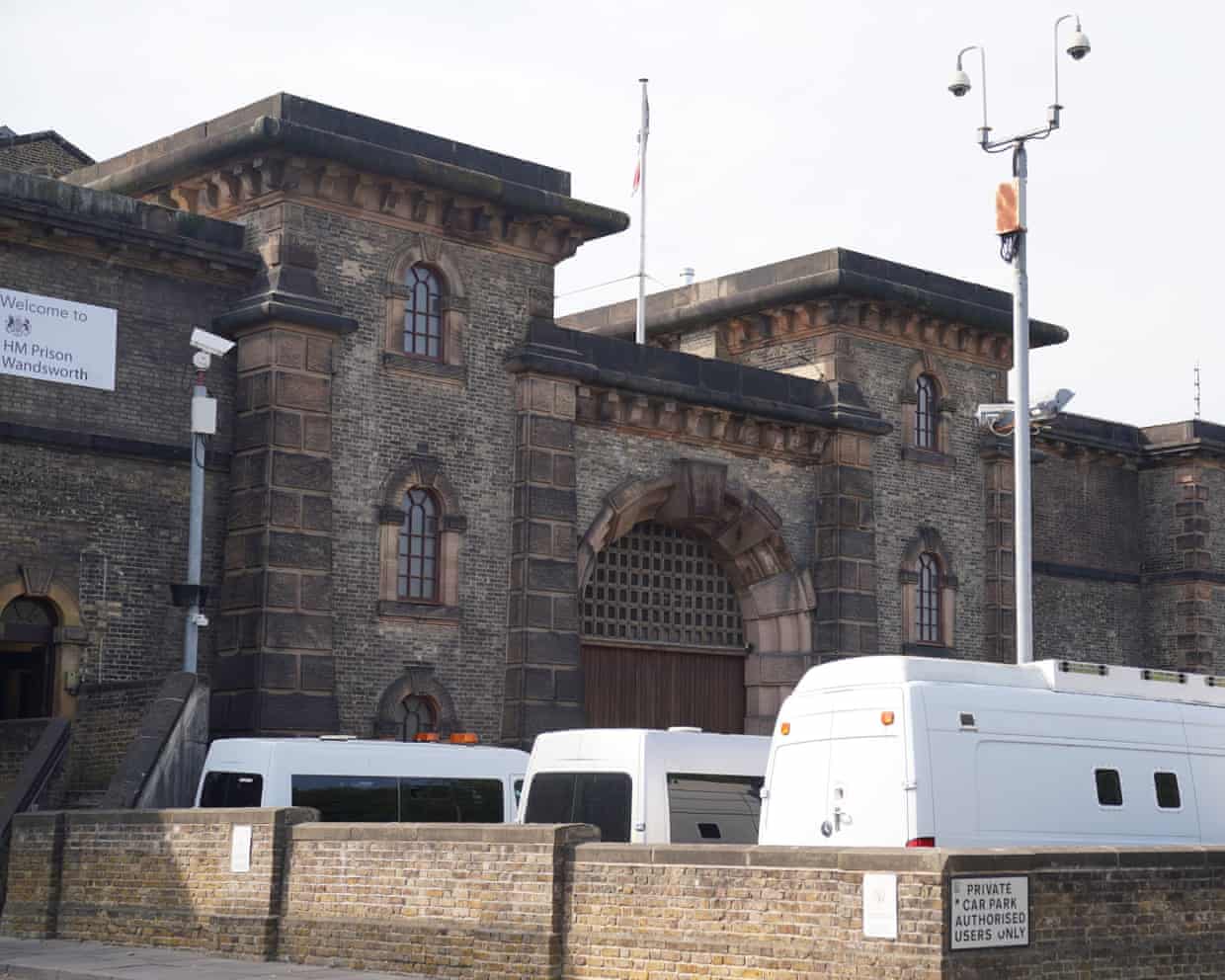
Latest mistaken releases expose deep cracks in England’s prison system
The mistaken release of a second foreign prisoner has forced ministers to re-evaluate their security and release procedures and will once again shine a spotlight on the well-documented problems at HMP Wandsworth.Much of the concern centres on poor technology and poor communication between prisons, the Ministry of Justice and the courts – the three bodies responsible for overseeing the movement of England and Wales’s 87,000 inmates.During the government’s emergency prison release scheme in September 2024 to tackle overcrowding, 37 inmates were freed in error after their offences were wrongly logged under repealed legislation.A computer system designed to automate the calculation of release dates has failed to function as planned, forcing prison staff to work out complex calculations by hand using calculators.With nearly 20% of prisoners being held on remand, increasing numbers are being transported between prison and courts for hearings

Resident doctors’ strike to go ahead after Wes Streeting’s last-ditch offer is rejected
Wes Streeting has failed in an attempt to end the long-running resident doctors’ dispute with a new offer to them, which means their five-day strike next week is expected to go ahead.The health secretary tabled a new offer to resident doctors – formerly junior doctors – in England on Wednesday in a move intended to avoid the strike, their 13th.But the British Medical Association’s resident doctors committee (RDC) rejected Streeting’s attempted olive branch and said his proposal was too limited for them to call off their action.Streeting pledged to double his previous offer to create 1,000 extra places for early-career doctors to move into specialist training in their chosen branch of medicine. Half of those 2,000 would be made available this year to help tackle a bottleneck in resident doctors becoming specialists, he said
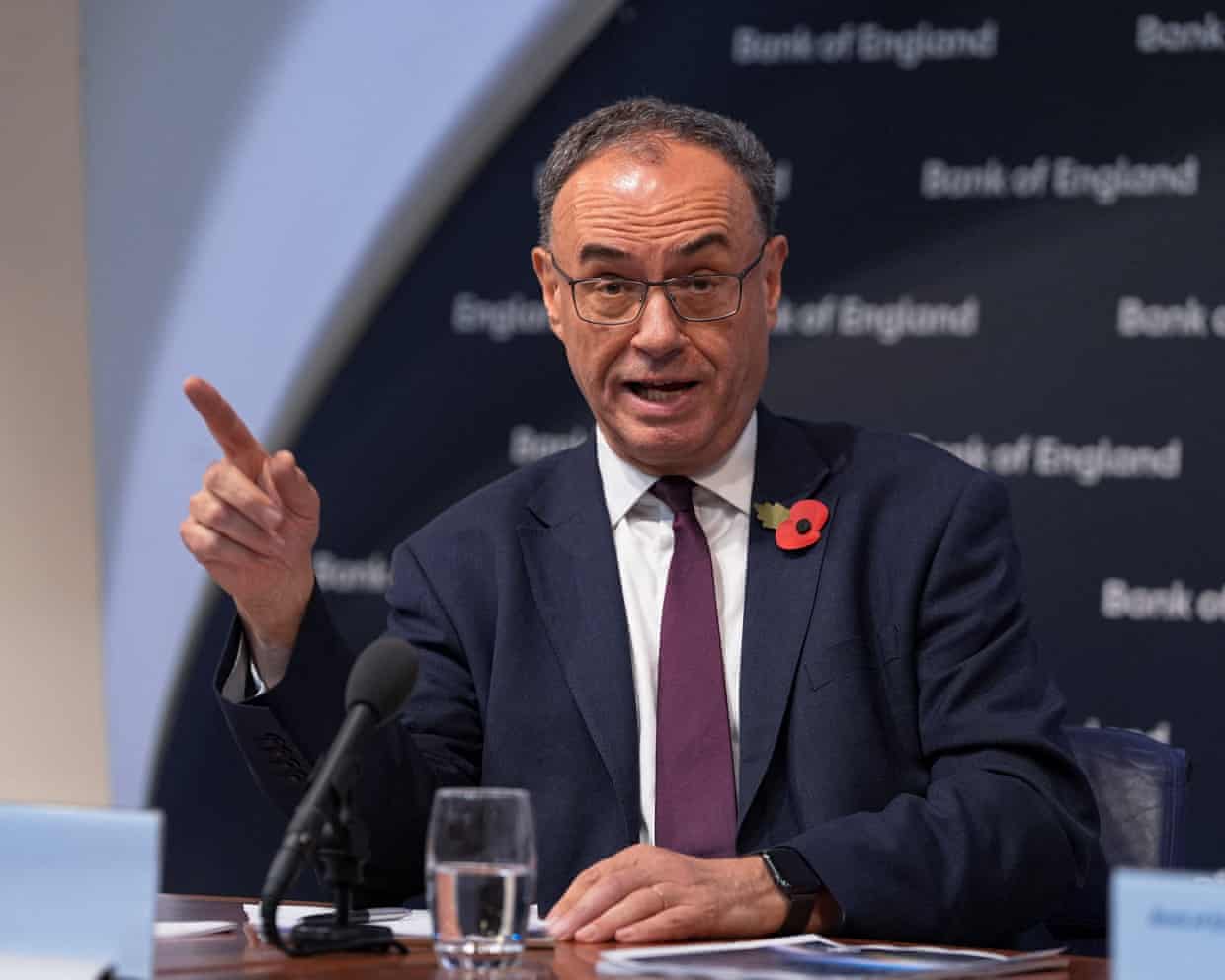
Bank of England says UK inflation has peaked after leaving rates at 4%; US job cuts jump as firms turn to AI – as it happened

Sainsbury’s says shoppers are delaying spending in run-up to budget

Bank of England’s decision to keep interest rates at 4% is not all doom and gloom

NHS won’t get cutting-edge drugs unless it pays more, says AstraZeneca boss
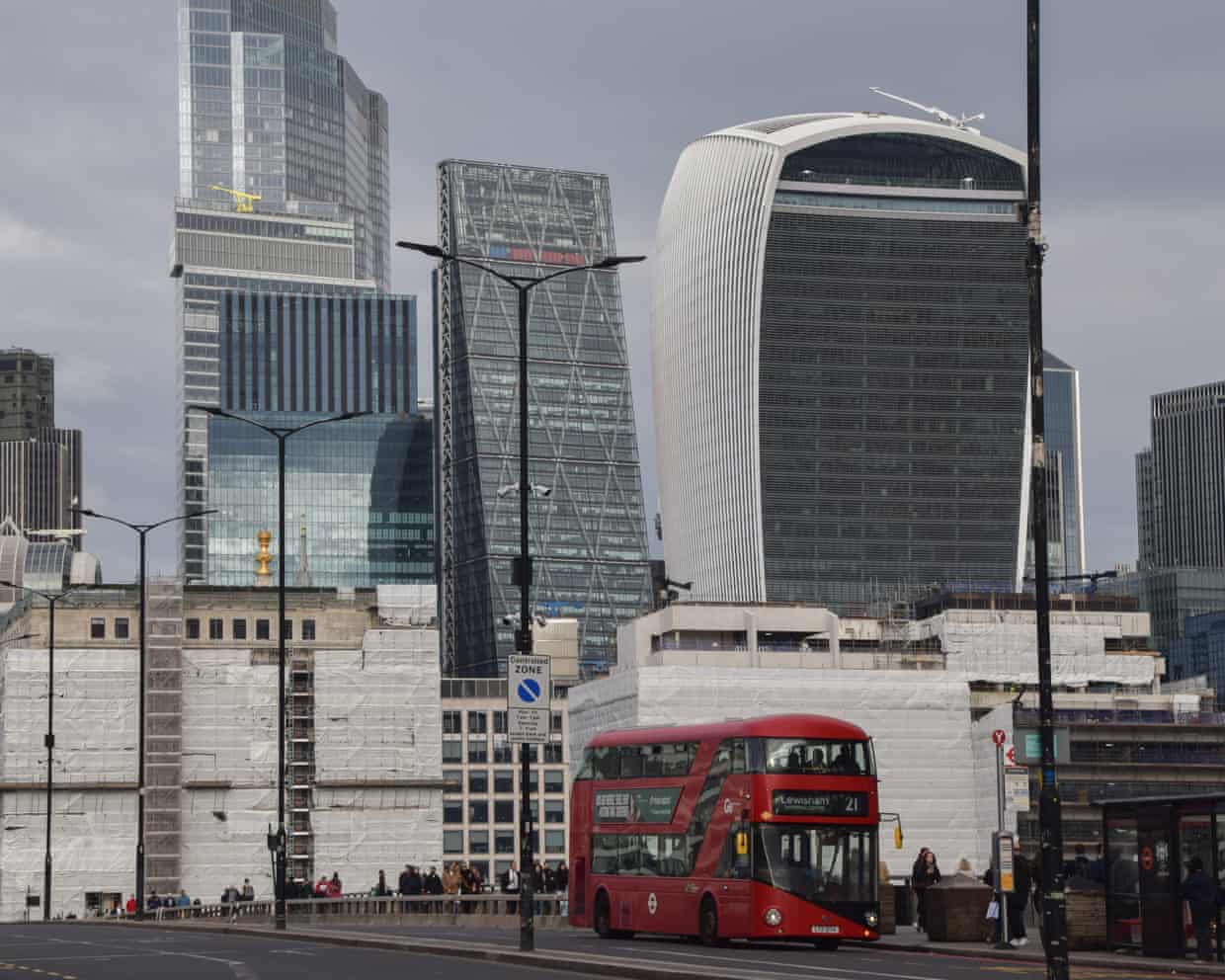
Banks poised to escape tax rises in Rachel Reeves’s budget

Illegal tobacco burns $3.3bn hole in Australia’s tax revenue, crime agency says